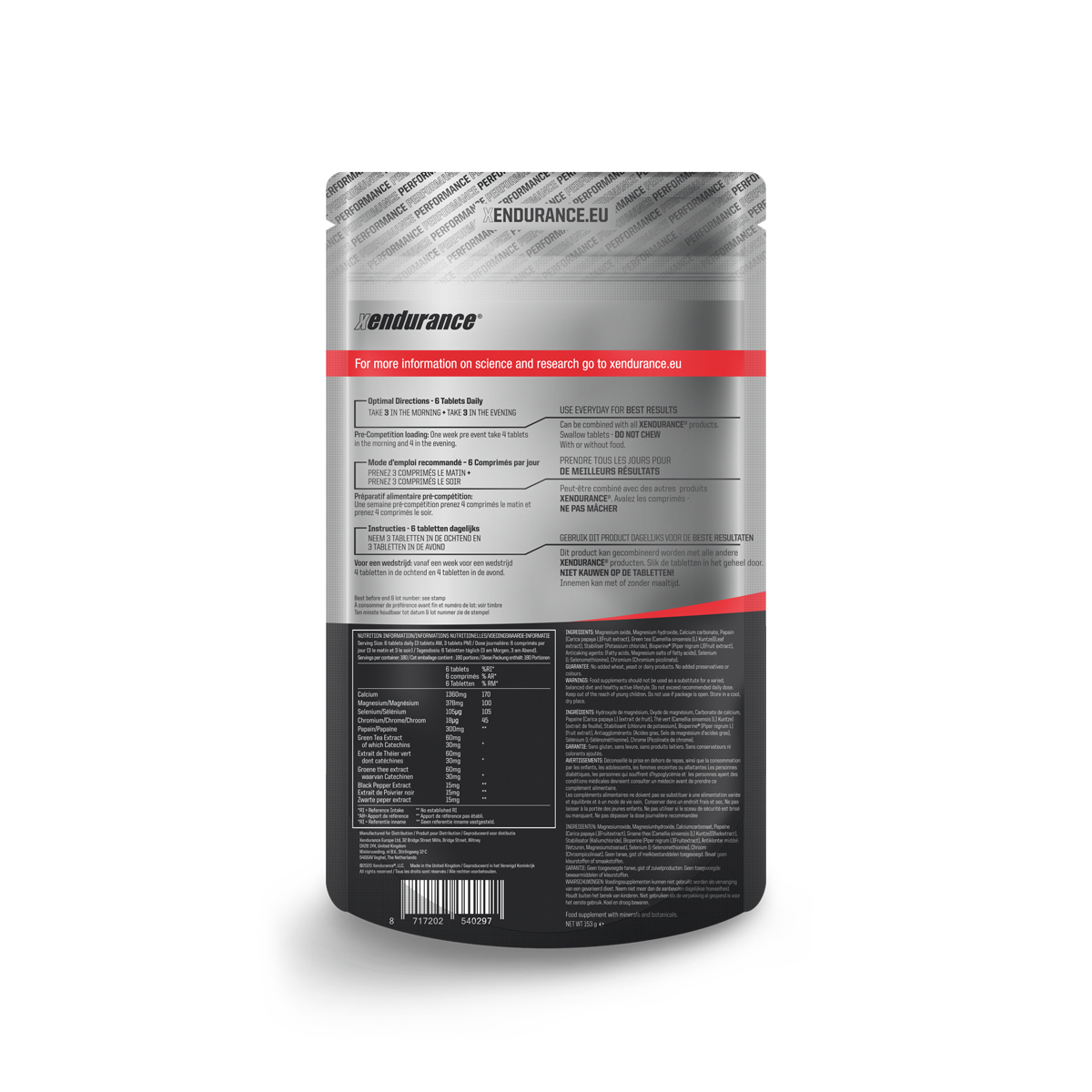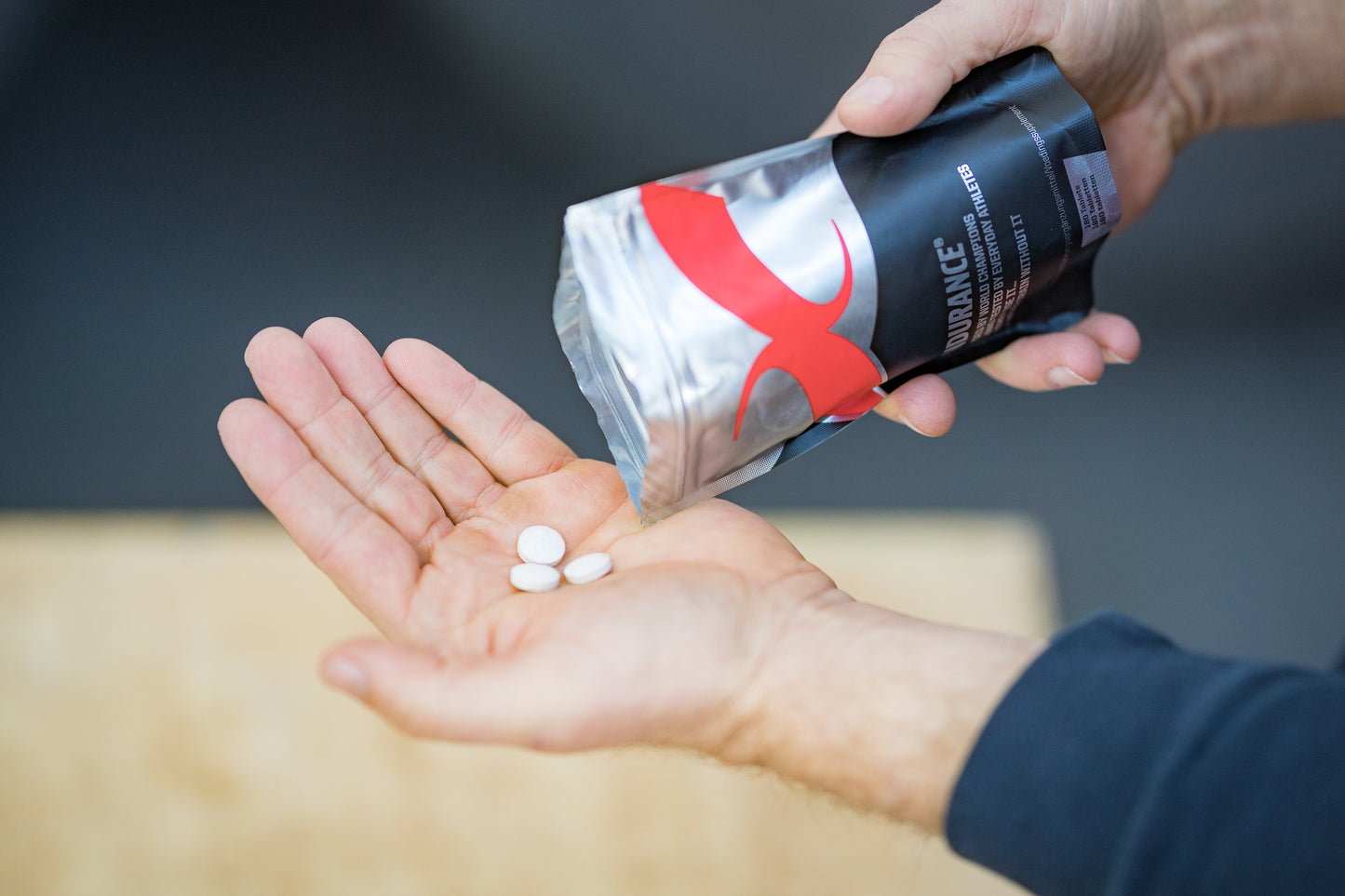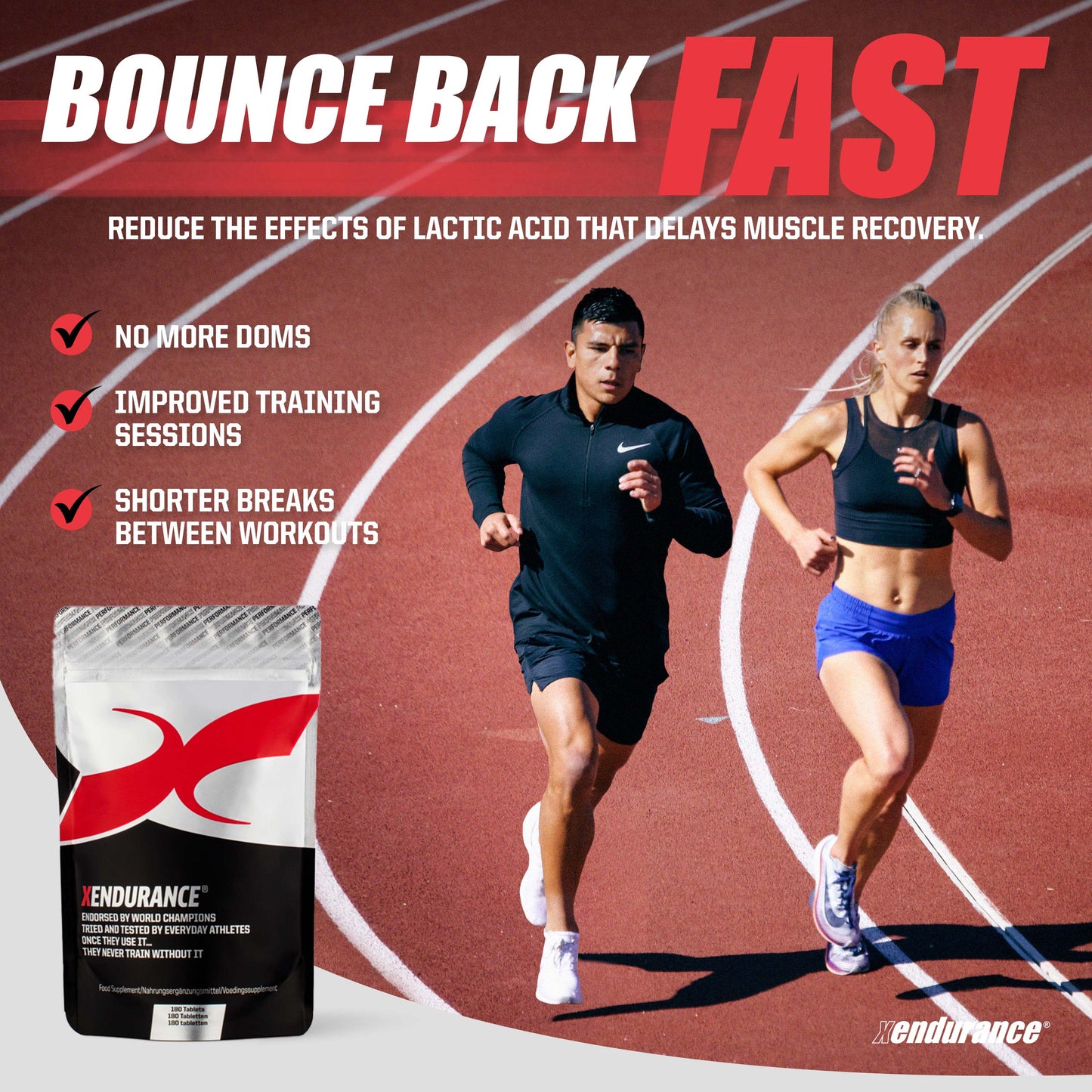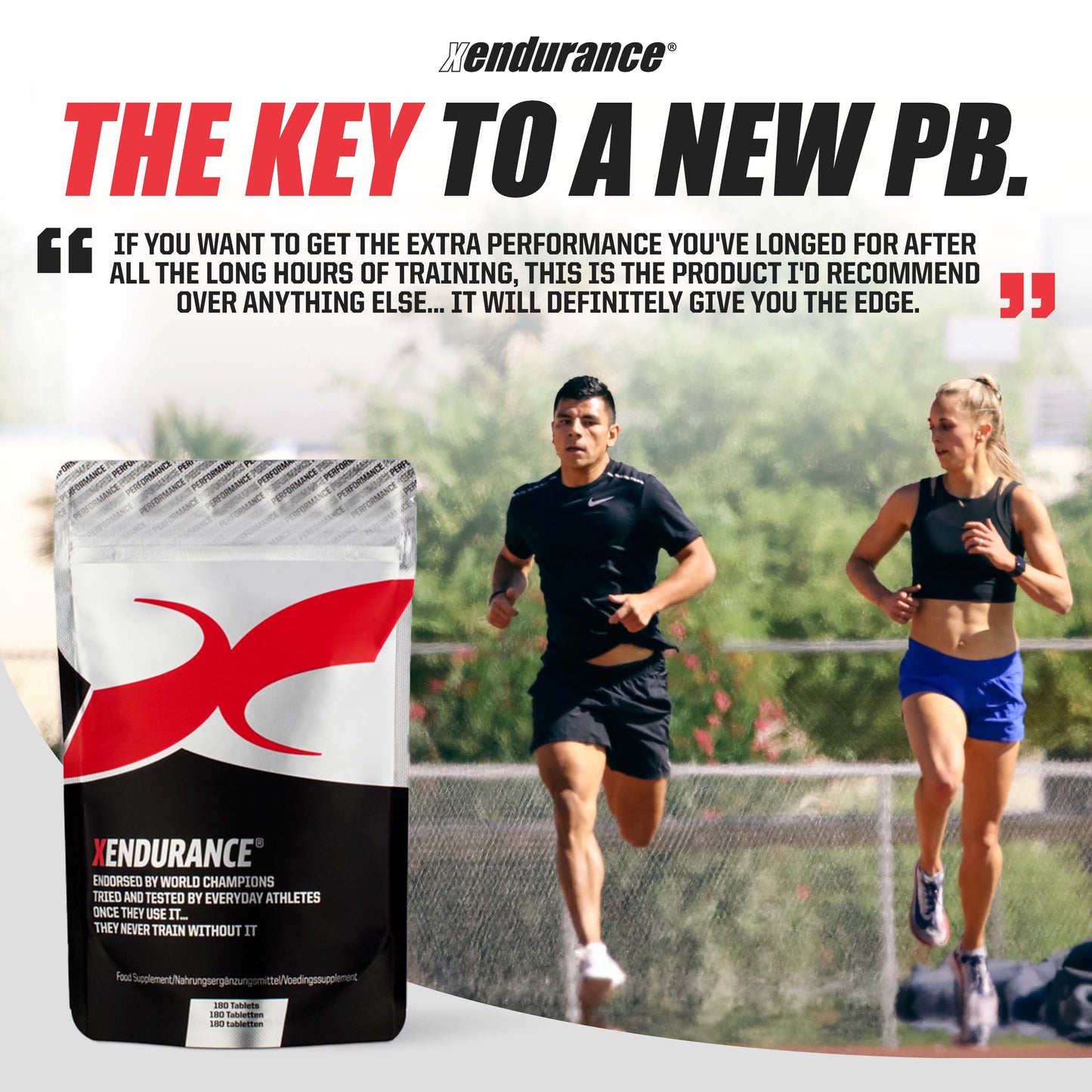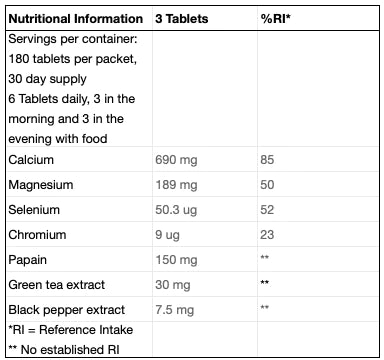Share
You’ve completed all your training. You’ve worked really hard. Don’t let your nutrition be the reason you don’t perform.
Nutrition Demands of a Half Marathon
A half marathon is an intense event. You will using mostly carbohydrates as your fuel. Your carb stores are also linked with how fatigued you feel. To minimise feeling of fatigue you may want to carb load or at least eat a high carb meal the night before.
How to Carb Load
The recommendations for carb loading are 8 – 12g of carbohydrate per kilo of body weight per day, for up to 4 days. This is not strictly necessary for a half marathon, but will assure energy is maximised for the event.
Night before the event
You should eat a high carb meal the night before and the morning of your event. It would be wise to practice these meals through your training. Good evening meal choices are rice, pasta or potato based meals. Try to maximise the intake of the carb with each meal.
The evening before you want to be hydrated, but not to the extent you are up weeing all night. 1 hour before bed stop drinking. Try to make sure your urine is clear before this point and limit yourself to sips if your mouth is dry.
Morning of the event
Have a high carb breakfast. Beware nerves can change the foods you tolerate. You may want blander, low fat, low fibre foods as these will be better tolerated. For example Oatmeal or bagels.
Practice your normal hydration to achieve a clear wee before the race. Adding salt to your drink can mean more is absorbed. Add half a teaspoon of table salt to each litre you drink. You can find yourself wanting to drink more than you need if you are nervous. If so, limit yourself to 1L of fluid total.
During the event
You should have practiced your race day nutrition strategy through training. Make sure you use products you know you can tolerate and your gut is adapted to. Aim for 1g of carbohydrate per kilo of body weight per hour. If you know you can tolerate more, have more. Even if you think the event can be ran on carb stores alone, tasting sugar can increase motivation and enables you to run faster.
Caffeine
Caffeine increases your heart rate, prevents fatigue sensations, increases motivation and can increase carbohydrate availability and fat burning. These can all have performance enhancing effects. The recommended dose is 3 – 6mg of caffeine per kilo of body weight an hour before the event. However, if you avoid caffeine for a few weeks before you will have a lower tolerance and will respond to much lower amounts.
- Atwater, W., & Bryant, A. (1900). The availability and fuel value of food materials.
- Burke, L. M. (2021). Ketogenic low-CHO, high-fat diet: the future of elite endurance sport? Journal of Physiology, 599(3), 819–843. https://doi.org/10.1113/JP278928
- Grgic, J., Pedisic, Z., Saunders, B., Artioli, G. G., Schoenfeld, B. J., McKenna, M. J., Bishop, D. J., Kreider, R. B., Stout, J. R., Kalman, D. S., Arent, S. M., VanDusseldorp, T. A., Lopez, H. L., Ziegenfuss, T. N., Burke, L. M., Antonio, J., & Campbell, B. I. (2021). International Society of Sports Nutrition position stand: sodium bicarbonate and exercise performance. Journal of the International Society of Sports Nutrition, 18(1). https://doi.org/10.1186/s12970-021-00458-w
- Hansen, E. A., Emanuelsen, A., Gertsen, R. M., & Raadahl Sørensen, S. S. (2014). Improved Marathon Performance by In-Race Nutritional Strategy Intervention. International Journal of Sport Nutrition and Exercise Metabolism, 24(6), 645–655. https://doi.org/10.1123/ijsnem.2013-0130
- Jeukendrup, A. (2018). Training the Gut for Athletes. Gatorade Sports Science Institute. https://www.gssiweb.org/sports-science-exchange/article/training-the-gut-for-athletes
- Lavoué, C., Siracusa, J., Chalchat, É., Bourrilhon, C., & Charlot, K. (2020). Analysis of food and fluid intake in elite ultra-endurance runners during a 24-h world championship. Journal of the International Society of Sports Nutrition, 17(1), 1–12. https://doi.org/10.1186/s12970-020-00364-7
- Newsholme, E. A., & Blomstrand, E. (2006). Branched-Chain Amino Acids and Central Fatigue. The Journal of Nutrition, 136(1), 274S-276S. https://doi.org/10.1093/jn/136.1.274S
- Schubert, M. M., & Astorino, T. A. (2013). A Systematic Review of the Efficacy of Ergogenic Aids for Improving Running Performance. Journal of Strength and Conditioning Research, 27(6), 1699–1707. https://doi.org/10.1519/JSC.0b013e31826cad24




